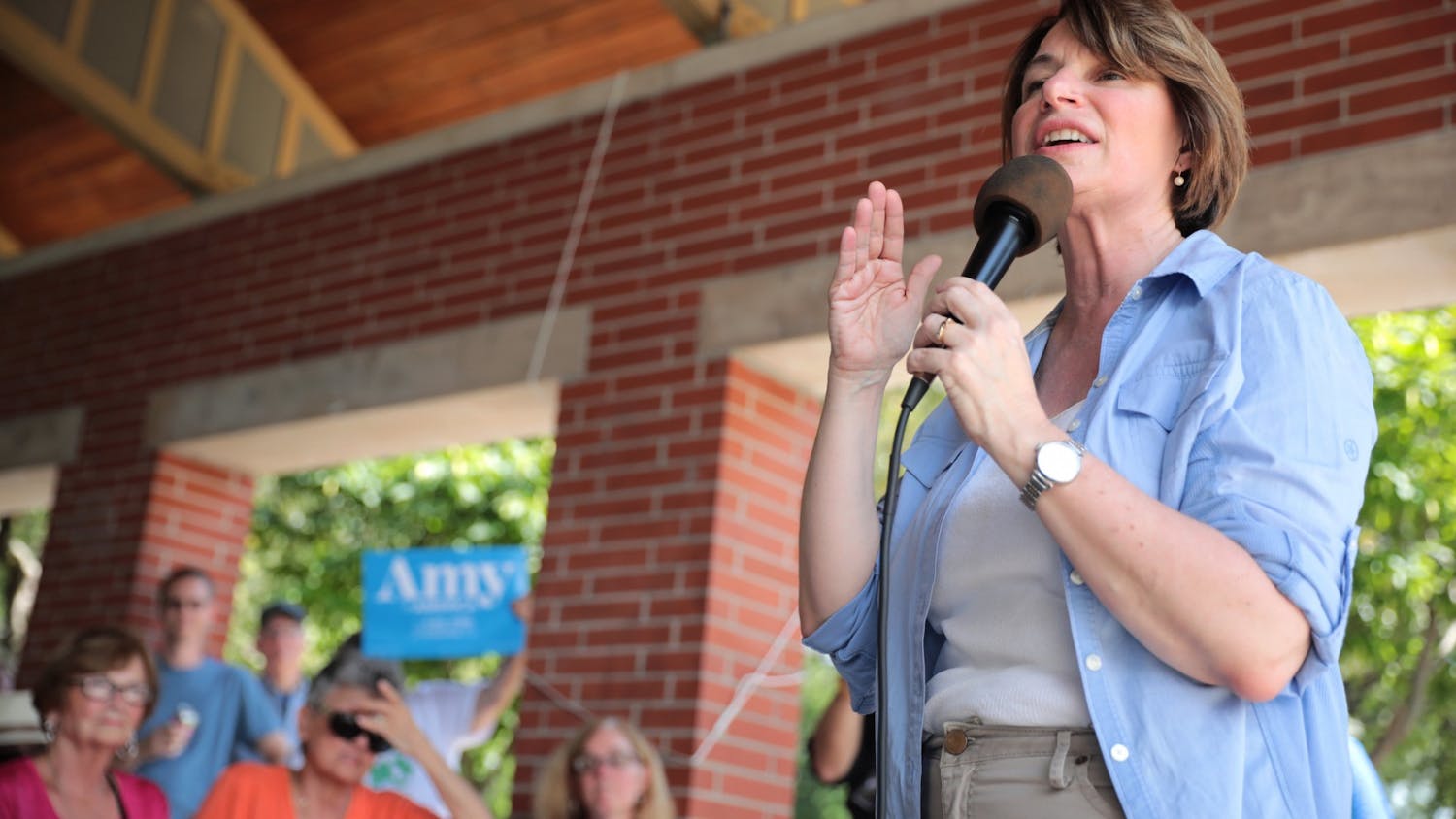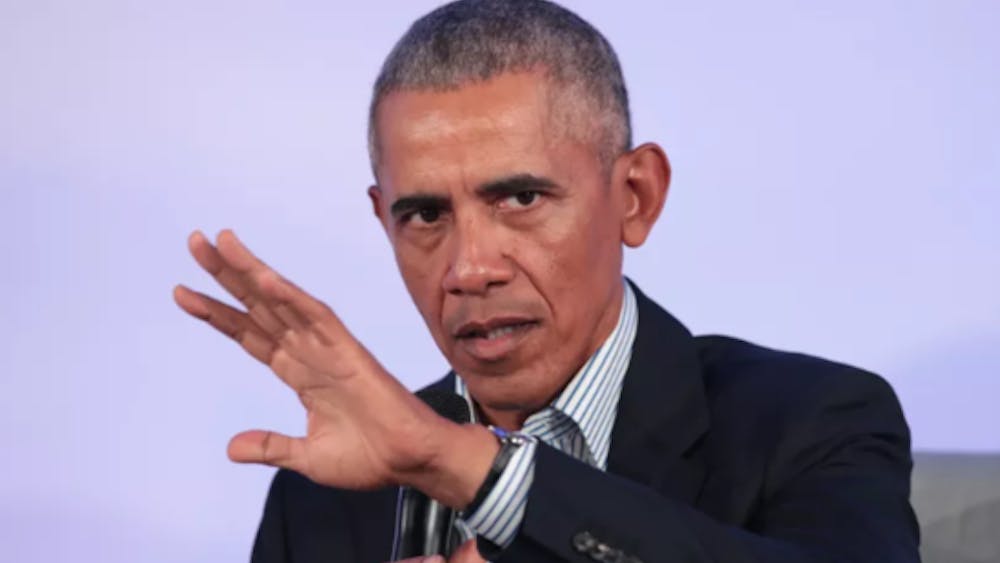Election season is nearly underway, and not only on the presidential stage. To pass any of the proposals touted in the Democratic horse race, the party as a whole will have to keep their House majority and gain several seats in the Senate.
Therefore, party operatives have attempted to solidify policies which protect incumbent Democrats, most notably in the Democratic Congressional Campaign Committee (DCCC), the official arm of House Democrats. Most often that means discouraging insurgent Democrats, mostly from the left flank of the party, from mounting primary campaigns against more moderate incumbent Democrats.
To accomplish this, the DCCC, led by centrist Cheri Bustos (D-Ill.), has created a “blacklist” of sorts, vowing to refuse hiring private vendors which provide services to Democratic primary challengers.
This move came in reflection of the insurgent campaigns by many progressives in the 2018 primaries, including that of Alexandria Ocasio-Cortez (D-NY), who unseated party leader Joe Crowley in a major electoral upset. The progressive fervor was strong in the D+29 Congressional district encompassing the Bronx.
Obviously, then, the move angered such candidates, including progressive darling AOC herself. In response, she withheld party dues and created a PAC to fundraise for progressive candidates - typically in overwhelmingly “blue” districts.
Progressive candidates already have several factors going against them when they mount a primary campaign against a powerful incumbent; further exclusion, they argue, is tedious, unnecessary, and outright unfair.
Ocasio-Cortez explained that she also fundraises for candidates in swing districts, noting the importance of building a strong House majority. She also argues, however, that the Democratic party should be more transformative and therefore supports primary campaigns against status-quo oriented Democrats.
She’s right on this one. Although I am not one to fully embrace AOC, she makes a compelling argument. If voters in a strong Democratic district want their representative to be more progressive, they should be (ideally) given the option to vote for such a candidate.
Typically those candidates who mount primary campaigns against other Democrats are in overwhelmingly Democratic districts; districts where, in a general election, neither progressives nor moderates run a great risk in losing to Republicans. Accordingly, the precious majority isn’t threatened when a primary campaign is mounted against moderate Democrats seemingly out of touch with their own districts.
While I believe the DCCC has their own reasons for implementing the rule, which don’t quite measure up to outward “discrimination” against progressive insurgents (especially women of color), the races they’re worried about losing aren’t often threatened by more progressive candidates. These progressive candidates often aren’t taken seriously in a primary against moderates in more contested districts (See: Steve Friday’s 2018 primary campaign against Gretchen Driskell in Michigan’s 7th Congressional District, a district with a partisan index of R+7).
To solidify my position, I am in favor of candidates representing their districts well; no less, no more. In my opinion, progressive Rashida Tlaib (D-Mich) represents her D+32 district well enough, and so does her more moderate colleague Haley Stevens (D-Mich) with her R+4 district. I tend to favor candidates like Stevens generally, but I also prefer the political atmosphere in districts like Michigan’s 11th.
I also understand the argument from more moderate members of the party that see dues as a commitment to working together as a team, as those dues are distributed by the DCCC to support the re-election prospects of Congressional colleagues. Ocasio-Cortez’s PAC fundraises half for the candidates she supports and half for her own Congressional campaign, but she also encourages small donors to donate directly to candidates in swing districts and cut out the DCCC middle-man.
The effects of the DCCC’s policy aren’t quite clear in an economic sense, as contributions to progressive firms are still coming in from presidential candidates and select Democratic leaders in Congress. Ocasio-Cortez’s PAC is also making leaps in fundraising as a counter to the policy.
The Democrats are likely to hold onto their majority in the House, and this controversy won’t personally stop me from donating to the DCCC - but I am also likely supporting candidates in Michigan and Ohio swing districts directly as per Ocasio-Cortez’s suggestion.










